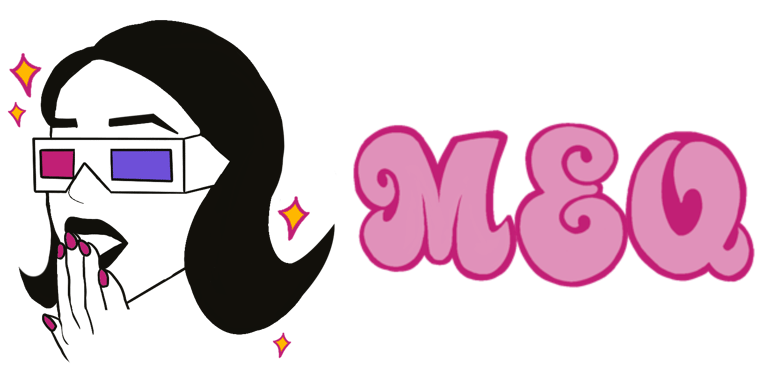CODA
(3/5) An undoubtedly important tearjerker that doesn’t reach its full potential due to its clichéd coming of age plot.
FILMSIGN LANGUAGECOMING-OF-AGEMOLLY KUSILKA
I went into CODA with only the knowledge that it was about a deaf family, hailed as a triumph for the deaf community. However, as I watched the film last weekend, in its theater release resulting from a historic Best Picture win, it quickly became apparent that the film is centered on the soul hearing member of the deaf family, their teenage daughter Ruby, played by newcomer Emila Jones. While Ruby is an endearing and charming protagonist, it was a bit disappointing that the film was centered on the hearing member of the family and her experience as a CODA (Child of Deaf Adults), rather than being about the experience of the deaf characters. While I think the experience of a CODA is an important story to tell, I couldn’t help but wish this film was instead focused on the family as a whole, especially when the family is composed of 2 remarkable deaf actors who play Ruby’s parents, Marlee Matlin and Tony Kutser, now both Oscar winners.
Instead of time spent exploring the lives of her parents and brother, played by deaf actor Daniel Durant, a large bulk of this film is spent with Ruby in the school choir, as she comes of age through discovering her love of singing. These scenes feel especially cheesy and comprise the bulk of the film's issues. I’ve heard CODA be described as akin to a Disney channel movie, and while I would say that’s a bit exaggerative, I do partly agree with the sentiment. Ruby’s journey of self-discovery is directly linked to her involvement in choir, so this, unfortunately, means the film spends far too much time in the choir room, with scenes that feel like we’ve seen them dozens of times before, because we have, from Glee to Hillary Duff’s Raise Your Voice (2004). The choir teacher, Eugenio Derbez, brings humor and depth to his caricaturish role as the ruthless choir teacher that sees something in the wallflower, Ruby, but the actors’ charm cannot save such a trite script. With this being said, CODA does have more to offer, and it would be devaluing its importance to only liken it to a cheesy Oscar-bait film and nothing more.
For all of its flaws, it offers much-needed representation for the deaf community that feels truly groundbreaking. It’s the moments dedicated to Ruby’s relationship with her parents where CODA truly shines and the tears flow. The grand finale is particularly moving - Ruby auditions for Berklee College of Music with a performance of Both Sides Now by Joni Mitchell, and as she sings, she begins to sign the lyrics for her parents and brother, who snuck up to the balcony to watch. It’s an undoubtedly powerful and emotional sequence, a clear attempt to generate tears that works because it’s just so well-intentioned, an earnest and sincere display of the love between Ruby and her parents. It’s also in moments like this that showcase just how beautiful and nuanced a language ASL is, making it all the more frustrating that we so rarely see it on screen. Ultimately, it speaks volumes that there is so little deaf representation in media that a mediocre movie in which they’re supporting characters to a hearing character’s coming of age journey is so groundbreaking. CODA is a sweet, yet uneven and often banal film, that soars when it explores the dynamics of the love between a deaf family and their hearing child.
